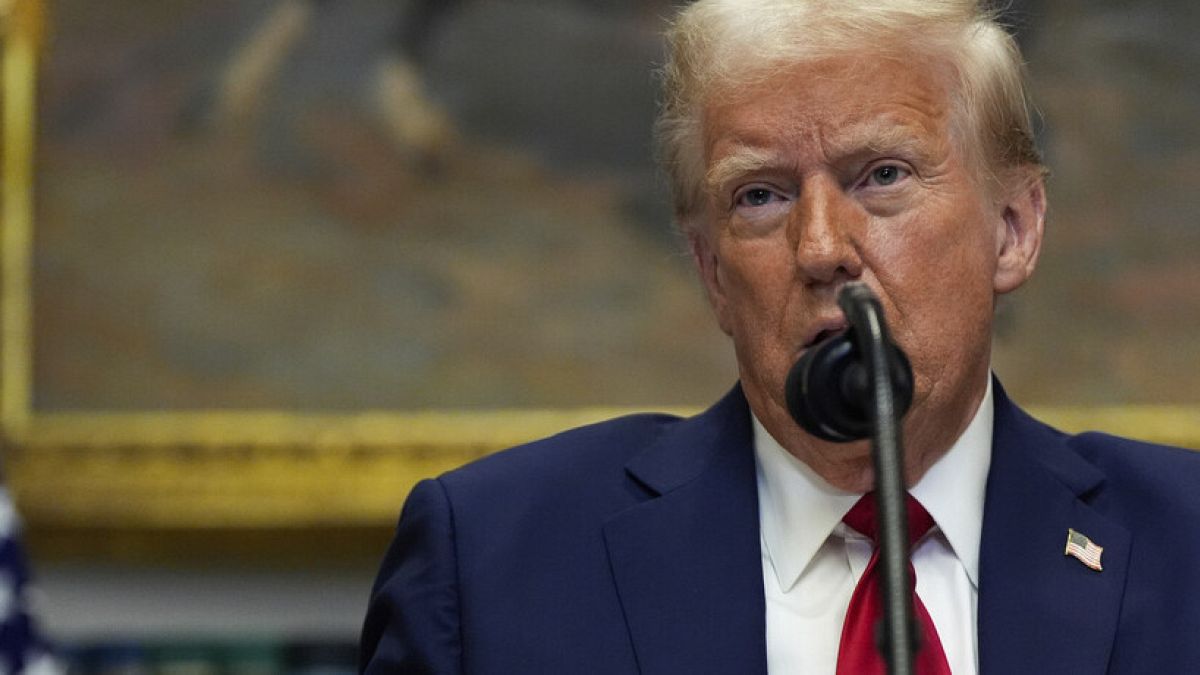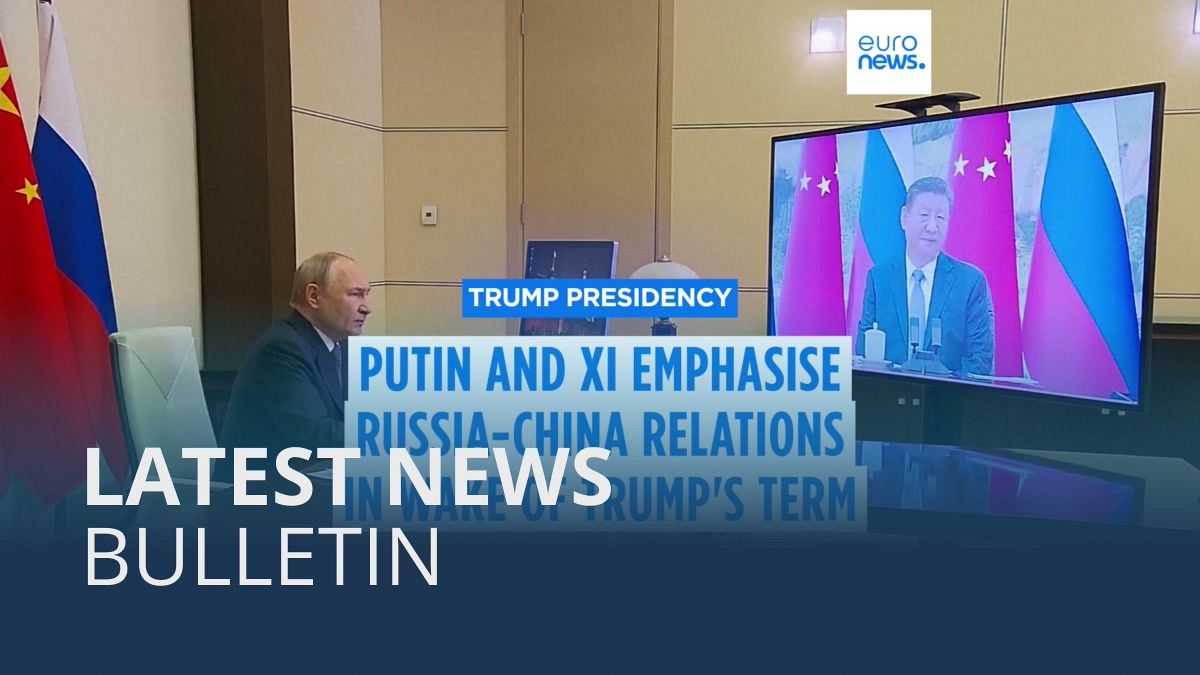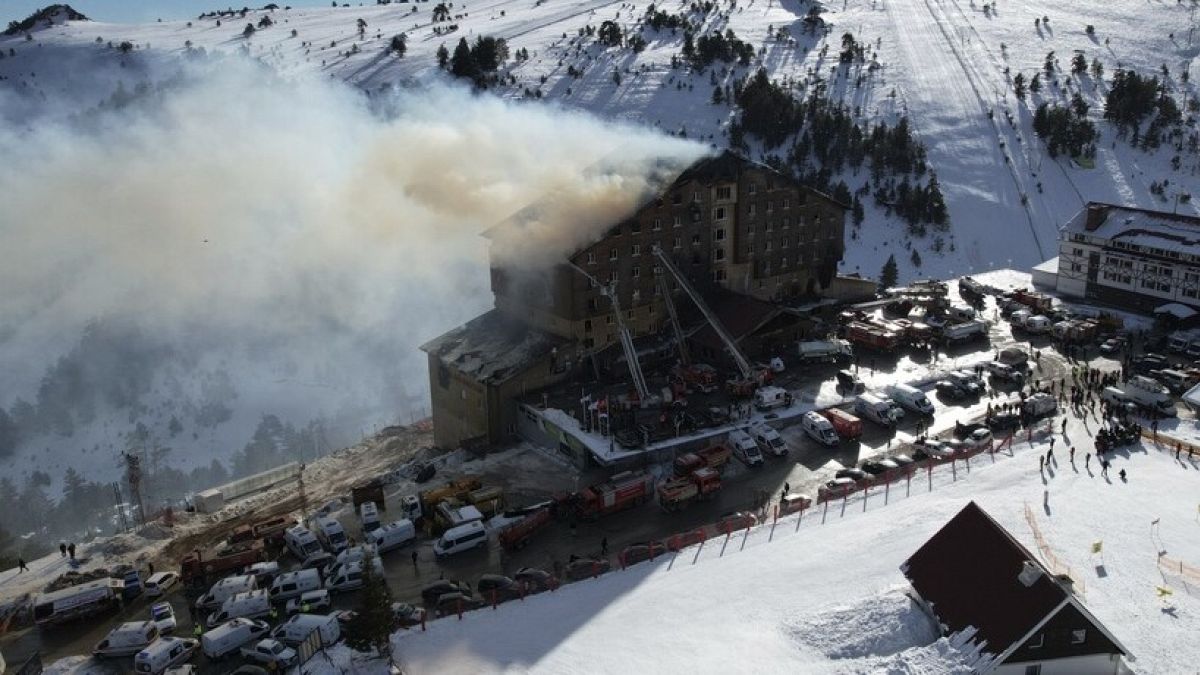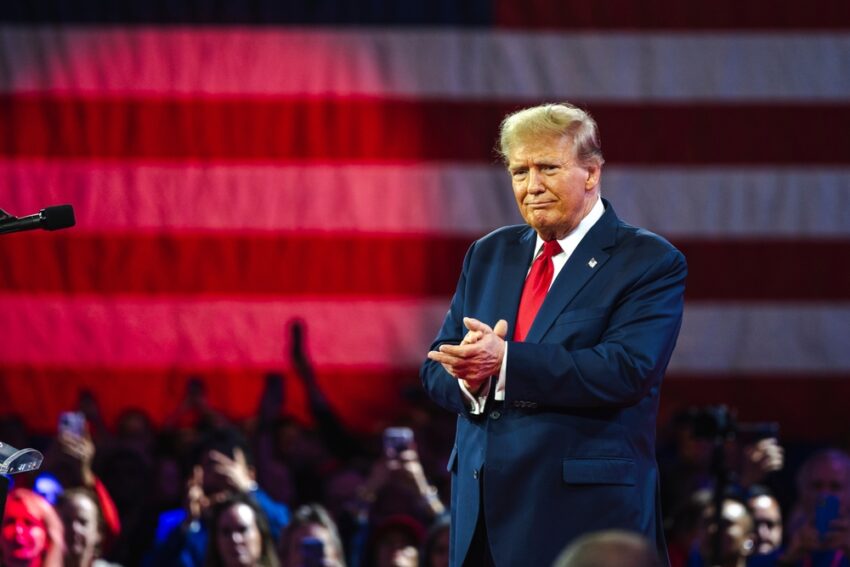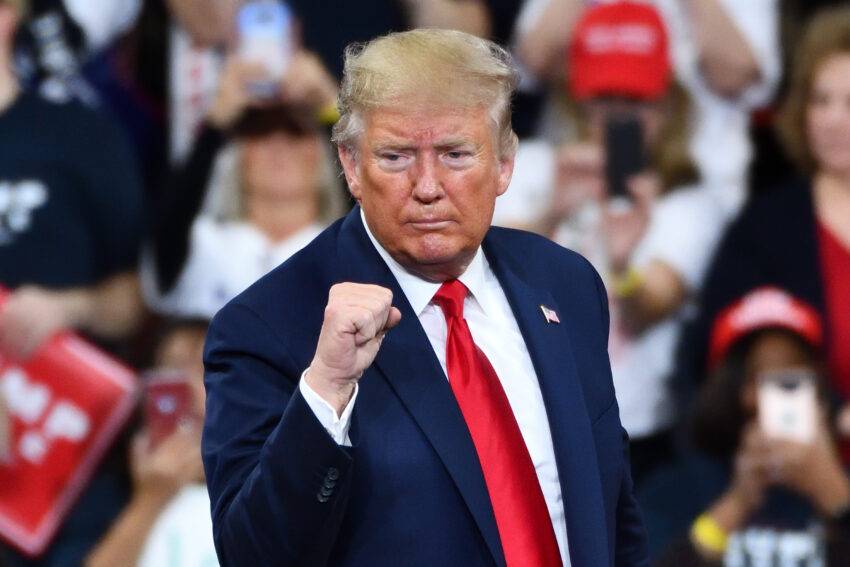UN officials plan to charm Trump’s new envoy
They say they’re better off working with Elise Stefanik than fighting with her.
U.N. officials worry that when President-elect Donald Trump takes office, he’ll slash the organization’s funding and trash it over alleged anti-Israel bias.
But when Elise Stefanik — Trump’s pick to be the new ambassador to the institution — arrives, she’ll be greeted with a smile.
That’s because U.N. officials are generally of the mind that embracing the new envoy is the best way to mitigate what is likely to be a damaging four years under Trump, according to eight U.N. diplomats and others who are in touch with officials there.
U.N. officials were more prepared for the possibility of a Trump victory this year than in 2016. They know from experience that there’s no point in picking a fight with the new envoy, who is on a glide-path to confirmation by the Republican-controlled Senate after Trump takes office. Instead, U.N. officials are likely to put on a charm offensive, from Secretary-General Antonio Guterres to the lowliest staff assistant.
“It’s in any secretary general’s interest to have the most constructive possible relationship with a U.S. permanent representative,” a senior U.N. diplomat said, noting that Guterres saw himself as getting along well with Trump during the president-elect’s first term. “She seems to have a close relationship with Trump, and that’s what matters.”
Like others interviewed, the diplomat was granted anonymity to speak candidly.
An African diplomat in touch with U.N. officials said the sentiment was widespread in New York’s Turtle Bay neighborhood, where memories are still fresh about Trump’s first term.
“Now they all know they need to work with [the Trump administration], and it’s better to work with them than fight them,” the African diplomat said.
Stefanik, a GOP House member from New York, has publicly berated the U.N. for perceived anti-Israel bias, including by criticizing some of the resolutions passed by the organization. She has said the U.S. should consider funding cuts to punish the U.N. for such actions.
Such statements don’t surprise U.N. officials. Still, many at the U.N. believe Stefanik’s close relationship to Trump means she will speak for him with no caveats — a clarity that can prove useful in diplomacy.
Aides to Stefanik did not respond to requests for comment.
U.N. diplomats had eagerly anticipated Trump’s choice for the role since he won election this month. Stefanik wasn’t on many of their radars until last week. But her history only added to expectations that the incoming administration will prioritize cutting U.N. funding and promoting a pro-Israel vision.
Stefanik is a onetime moderate Republican who has transformed herself into a pro-Trump loyalist. She stood up for Trump relentlessly when he faced impeachment.
She’s also been one of the most pro-Israel voices in Congress. She drew the spotlight by slamming university leaders for their responses to antisemitism on college campuses amid protests against the Israel-Hamas war.
She has voiced support for cutting U.N. funding because of perceived anti-Israel bias at the world body. But Republicans have also long had other reasons for wanting to reduce U.S. support for the U.N., including questions about its effectiveness and allegations of previous corruption.
Several U.N.-based diplomats warned that if Trump reduces U.S. funding, he may not like the trade-offs.
“Whatever the MAGA team may think of the U.N., it’s also true that China will fill whatever vacuum they leave behind,” warned one of them. If confirmed for the job, Stefanik will need to balance Trump’s desire to act tough on China with his distaste for the world body.
Turtle Bay is, however, bracing for an era of austerity. U.N. officials have said for months that, independent of potential U.S. funding cuts, they’ve been looking at liquidity issues and seeking ways to save money.
Several U.N. diplomats said they expected the U.S. to zero-out funding for the U.N. Relief and Works Agency, or UNRWA, which oversees aid to Gaza entirely. “We have to plan as if U.S. funding for UNRWA will never come back,” said a U.N.-based diplomat.
Some diplomats contend U.S. cuts to the U.N. — an issue on which Congress would get a say — can be managed if they aren’t too steep.
“We’re in a more resilient position for core funding … than we were three, four years ago,” the senior U.N. diplomat said.
But plenty of people at the U.N. are nervous about the money flow, and they speak of it in terms of exhaustion. They question whether the U.S. is still reliable.
“It’s not related to her,” one U.N. diplomat said of Stefanik. “It’s the basic question, what is going to be the stand of the U.S.?”
Trump is putting Stefanik in his Cabinet, but her influence may be hemmed in by the future secretary of State and national security adviser, both key diplomatic players in any administration.
When Nikki Haley served as Trump’s U.N. ambassador during his first term, she did not get along with his first secretary of State, Rex Tillerson, and created her own power center. The former South Carolina governor claimed in a memoir that Tillerson tried to persuade her to work with him to undermine Trump. Tillerson has denied this.
But there also were rumblings that Haley was drawing too much attention in an administration where the president liked the limelight. One senior White House official said Haley “flew too close to the sun.” Haley subsequently ran against Trump for the GOP presidential nomination, and he declared on Saturday that he would not invite her to serve in his second administration.
Based on her history with Trump so far, Stefanik is unlikely to try to outshine or outmaneuver the president-elect.
While Stefanik has little diplomatic background, her time in the GOP House leadership has given her experience that can come in handy at the United Nations, where persuading other countries to vote for your priorities is critical.
“A lot of what you learn in leadership in the House of Representatives carries over to how you put together a coalition in New York — it’s the same skill set,” said Peter Yeo, senior vice president of the U.N. Foundation.
Nick Reisman contributed to this report from Albany, New York.
What's Your Reaction?







